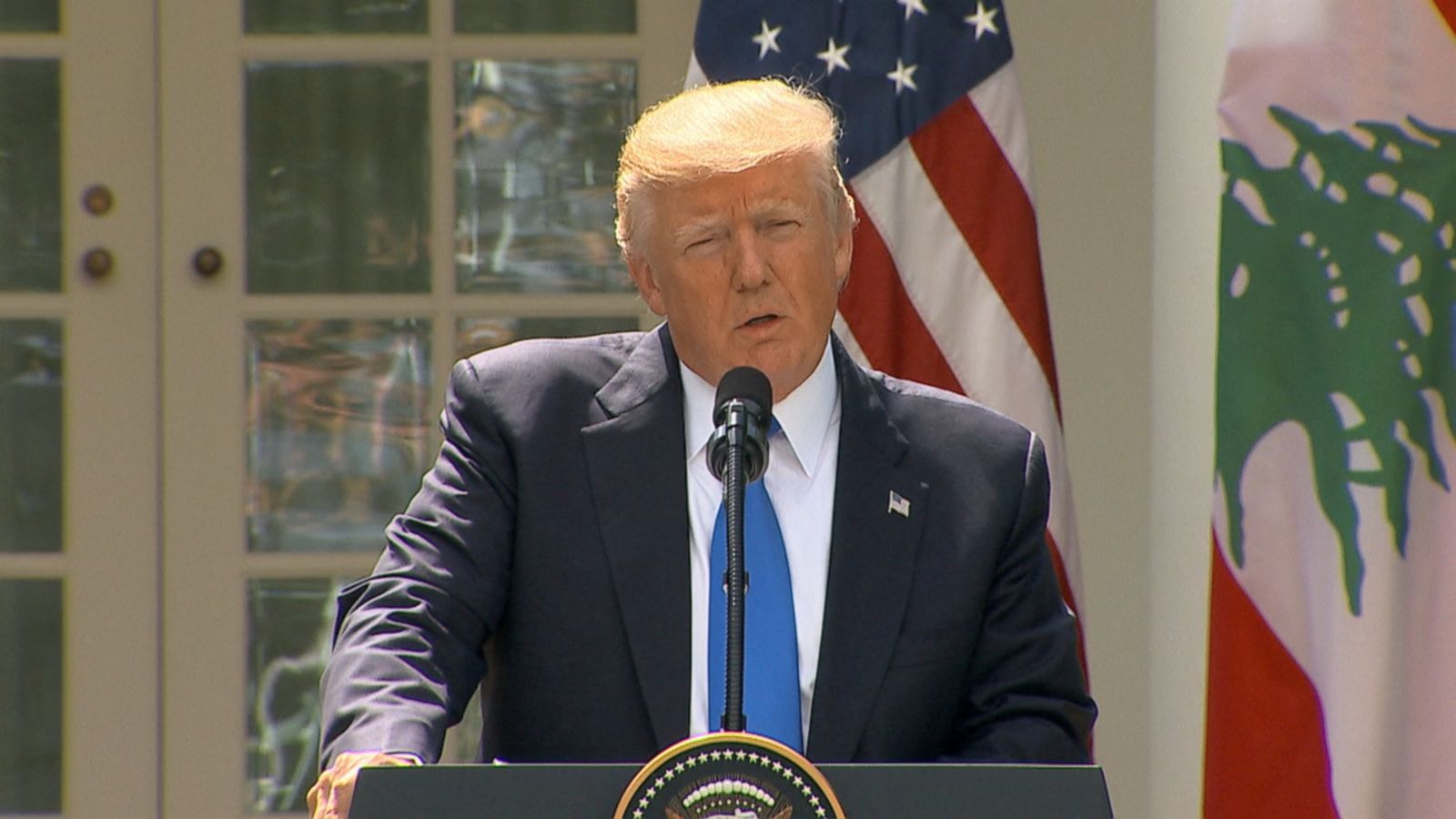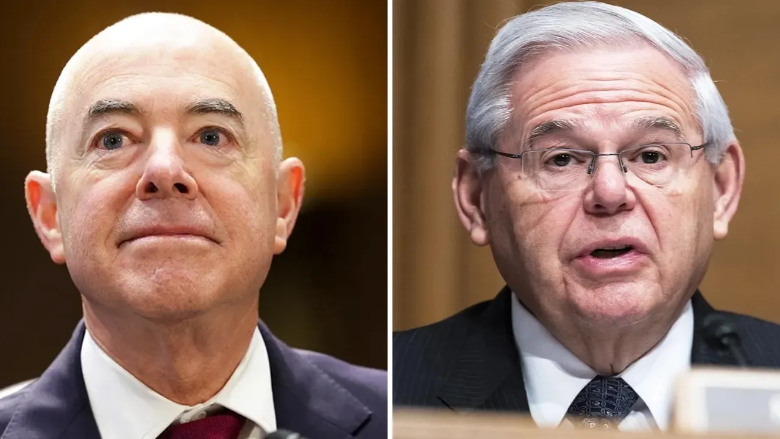As President Donald Trump’s second inauguration approaches, the nation’s capital is grappling with a troubling revelation: multiple local police departments have refused to assist in securing the event. This decision comes amidst heightened security concerns, including two recent assassination attempts, and as the swearing-in ceremony moves indoors to the Capitol Rotunda.
The withdrawal of support from key police agencies has raised alarms about the safety and smooth execution of the event, set for Monday. Despite reassurances from the Metropolitan Police Department (MPD) that adequate security measures are in place, the absence of local reinforcements underscores a troubling divide in law enforcement cooperation during a critical moment in American history.
Several police agencies in nearby Maryland counties, including Montgomery, Howard, and Queen Anne’s, have confirmed they will not be assisting with security for the inauguration. While the exact reasons vary, the decision appears to stem largely from disputes over the MPD’s memorandum of understanding (MOU) and broader disagreements about policing policies.
“I was just told that based on the current MOU, we will not be assisting Metro PD,” a spokesperson for Montgomery County Police Department stated.
The refusal comes on the heels of MPD’s recent legal settlement restricting the use of certain crowd-control measures, such as sting balls and explosive devices, during protests. Critics of the settlement claim these changes have weakened law enforcement’s ability to handle unrest, while supporters argue they are necessary to prevent excessive force and protect civil liberties.
The MPD, which typically relies on thousands of officers from across the country to bolster security during high-profile events, now finds itself grappling with significant manpower shortages. MPD Chief Pamela Smith previously announced that nearly 4,000 officers had volunteered to assist, but the withdrawal of several local departments has created notable gaps.
“This is not just a matter of numbers,” said a former law enforcement official. “It’s about coordination and trust between agencies, and right now, that trust is clearly fractured.”
The lack of support has drawn sharp criticism from Trump supporters, who accuse local departments of allowing political biases to dictate their decisions. “These police agencies are abandoning their duties for partisan reasons,” said one conservative commentator. “They’re putting politics over public safety.”
Progressives, however, have defended the decision, pointing to MPD’s contentious track record. “Why should other departments step in when MPD hasn’t upheld the standards necessary for collaborative policing?” one activist argued.
Adding to the stakes are the recent assassination attempts targeting President Trump. While details remain classified, the threats have prompted Trump’s team to relocate the swearing-in ceremony indoors—a rare move that underscores the severity of the situation.
Security experts have warned that the absence of local law enforcement support could exacerbate vulnerabilities. “When you’re missing critical personnel, especially from surrounding jurisdictions, it’s not just a numbers game—it’s about comprehensive coverage,” a former Secret Service agent explained.
The decision to move the ceremony inside the Capitol Rotunda is a calculated response to these risks, but it also highlights the strained environment surrounding this year’s inauguration.
The refusal of local police departments to participate in the inauguration reflects deeper rifts within the law enforcement community and the country at large. The controversy surrounding the MPD’s policies has amplified existing tensions, creating an environment where cooperation is increasingly difficult.
Chief Smith remains confident in the officers who have committed to ensuring the event’s safety, but the backdrop of political polarization and logistical challenges looms large.
Some analysts argue that the situation highlights a broader problem within American policing. “This isn’t just about Trump or the inauguration,” one political scientist noted. “It’s about a fractured system that struggles to function effectively in moments of national significance.”
Trump’s inauguration, like much of his presidency, is shaping up to be a reflection of the nation’s divisions. The refusal of local law enforcement to provide support underscores the polarization that has seeped into every facet of American life, including institutions meant to uphold public safety.
As the clock ticks down to Monday, questions remain about whether the MPD can effectively manage security on its own. While Chief Smith and her team have expressed confidence, the absence of neighboring police departments leaves room for concern.
The unfolding situation surrounding Trump’s inauguration is more than a logistical hurdle—it’s a symbol of a divided nation. The refusal of local police departments to assist highlights the deep fractures in America’s law enforcement and political systems.
As the event approaches, the focus shifts to whether MPD and federal agencies can rise to the occasion and deliver a secure, seamless inauguration despite the obstacles. In an era marked by division, the stakes for this event are higher than ever, and the eyes of the world will be watching.


